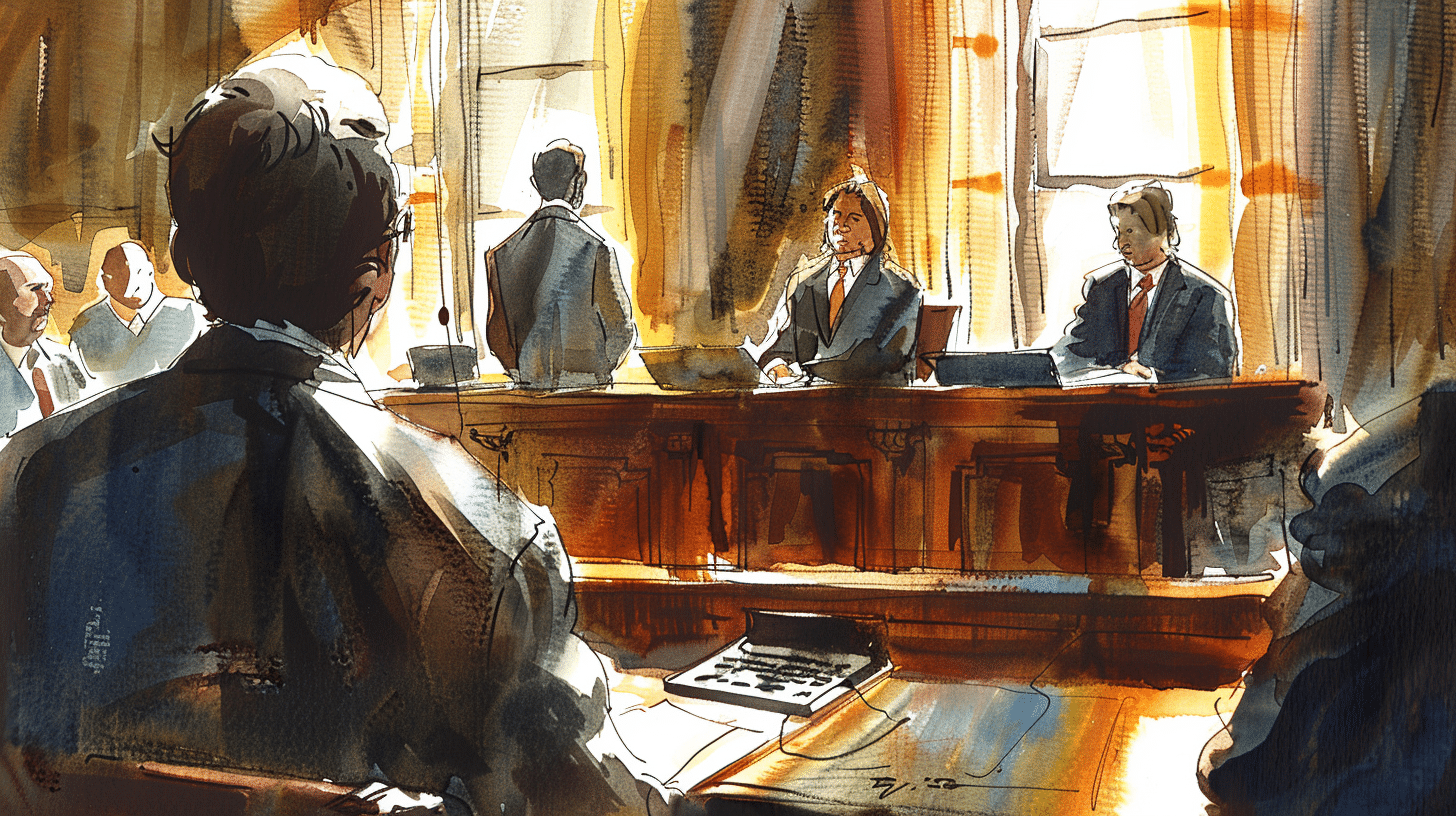Correctness or Abuse of discretion?

In appellate law, standard of review can either make or break you.
A standard of review announces the level of deference a high court gives a lower court’s rulings.
Some rulings are discretionary rulings, and those discretionary rulings are given substantial deference. The appellate court will review them for “abuse of discretion.” That means that the appellate court will only overturn discretionary rulings if “no other court” would have made the same ruling.
But guess what? Not all discretionary rulings are treated equally.
In some instances, an appellant can convince an appellate court to review a discretionary ruling for “correctness.” An issue reviewed for correctness has way more teeth than an issue reviewed for an abuse of discretion. So when can we ask a court to review a discretionary issue for correctness? When there is an embedded legal conclusion in there somewhere. From the Utah Supreme Court’s own mouth, “When a legal conclusion is embedded in a district court’s discretionary determination, we peel back the abuse of discretion standard and look to make sure that the court applied the correct law.” Utah v. Boyden, 2019 UT 11, ¶ 21, 441 P.3d 737.
A district court also does not have “discretion” to “misapply the law.” Utah’s high court has also explained, “As with all discretionary decisions, if a district court’s . . . ruling contains a legal error, that constitutes an abuse of discretion.” State v. Torres-Orellana, 2024 UT 46, ¶ 6, 562 P.3d 706. So whether it’s called “abuse of discretion” or “legal error,” when a district court misapplies the law–the ruling gets overturned.
So if your discretionary issue has embedded legal error or if the court misapplies the law in rendering a discretionary ruling, ask the court to review that error for correctness. Your issue will have about 32 more teeth if you do.